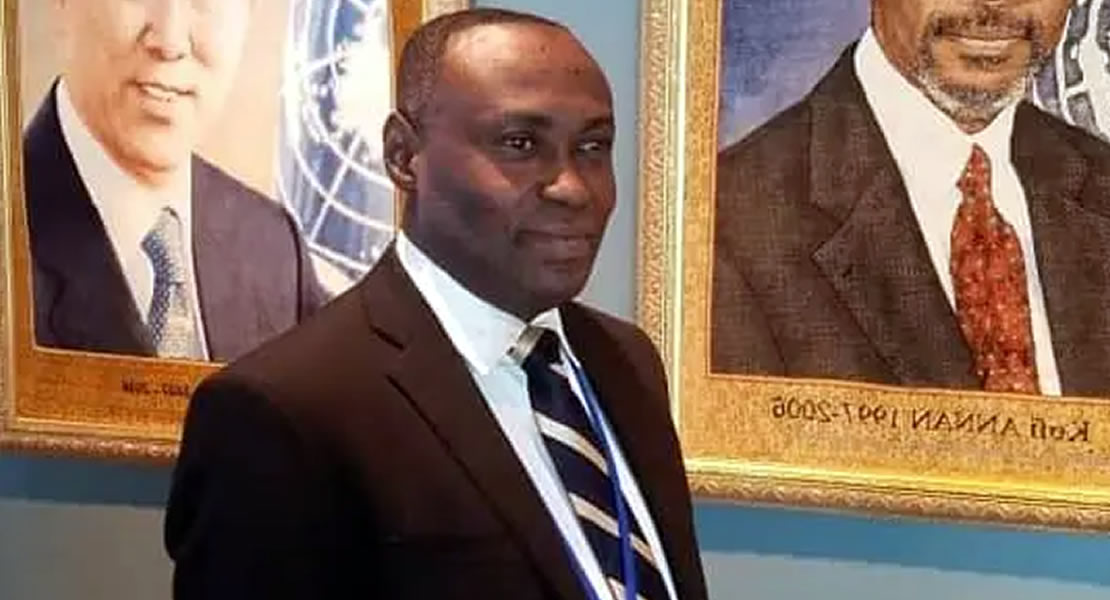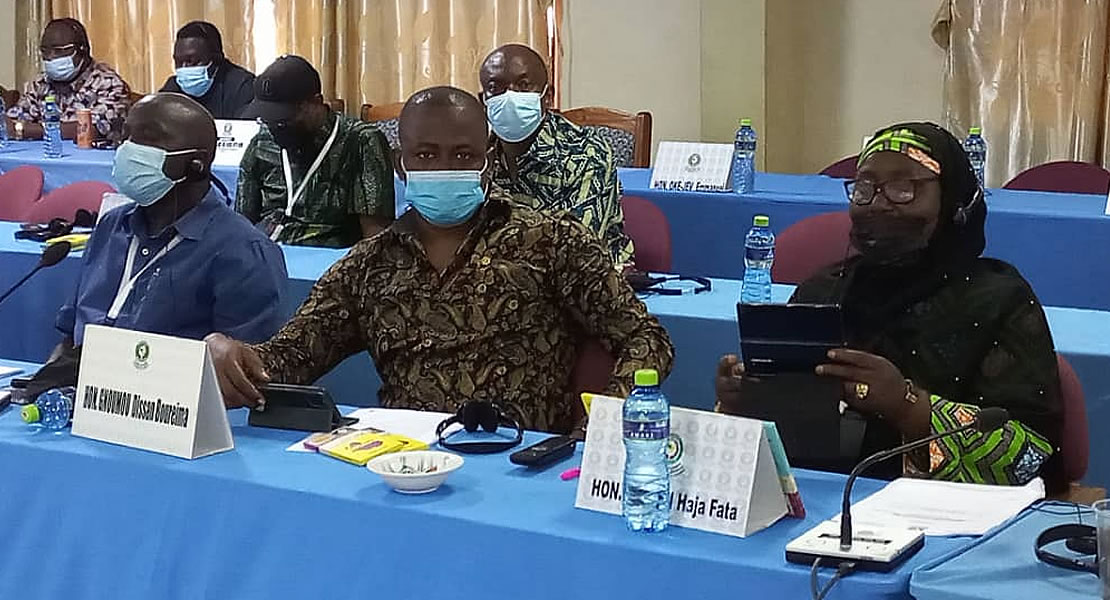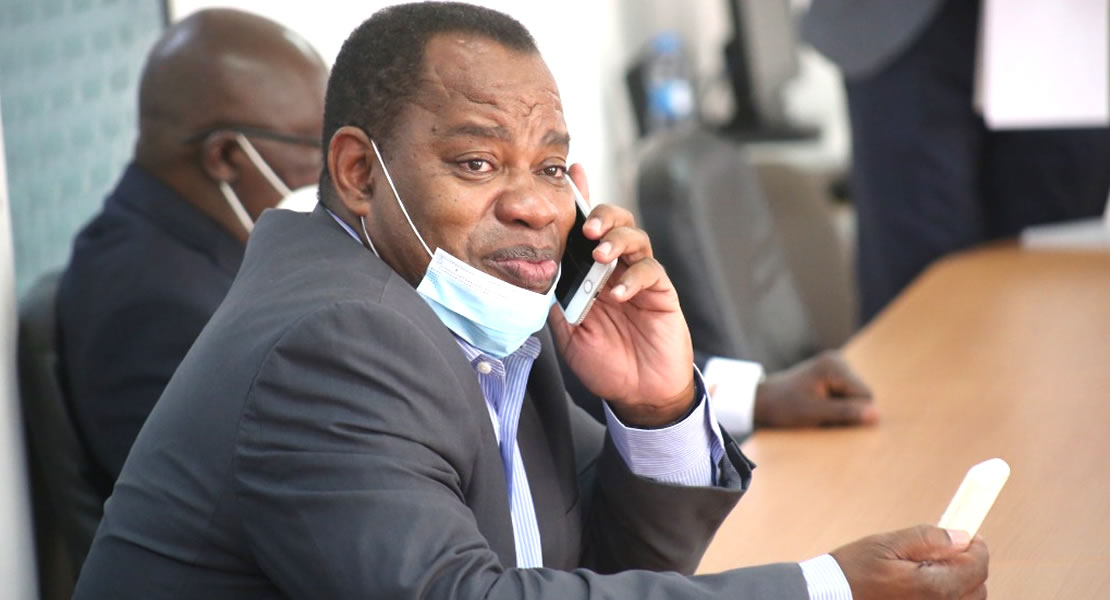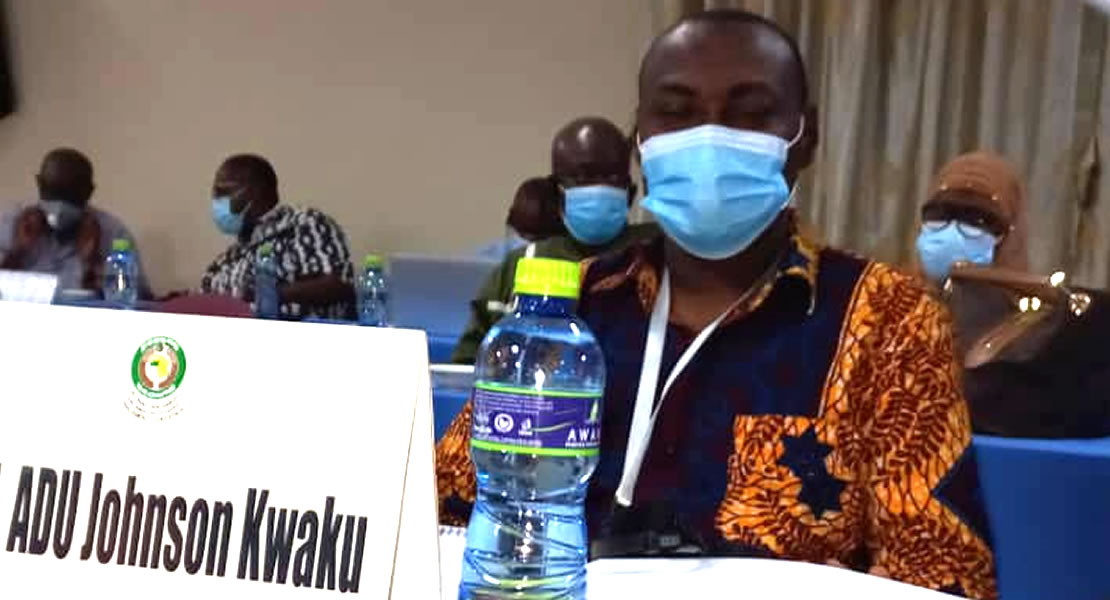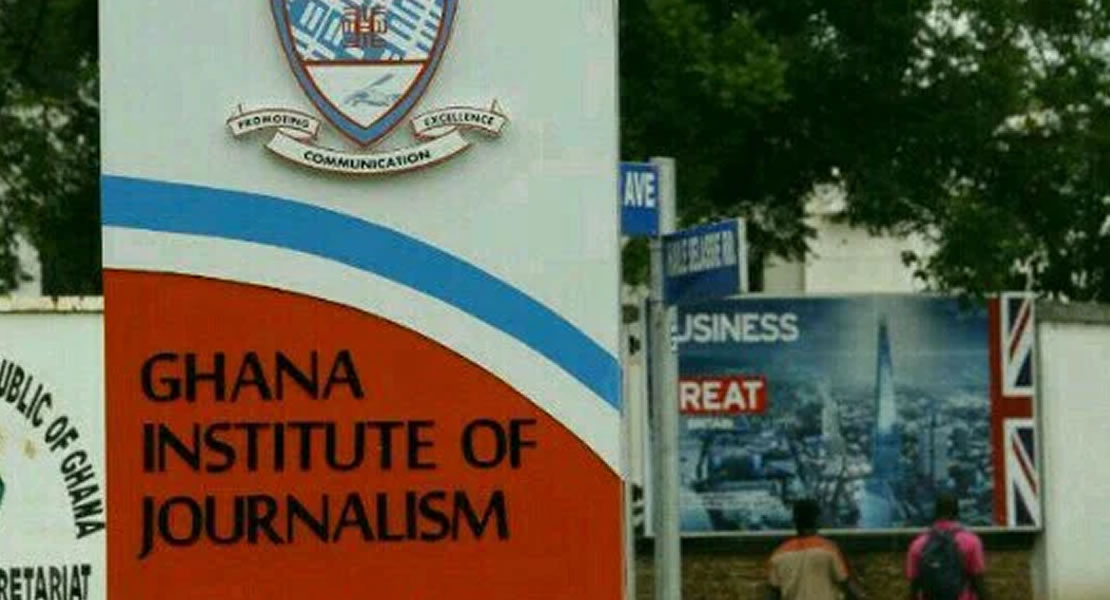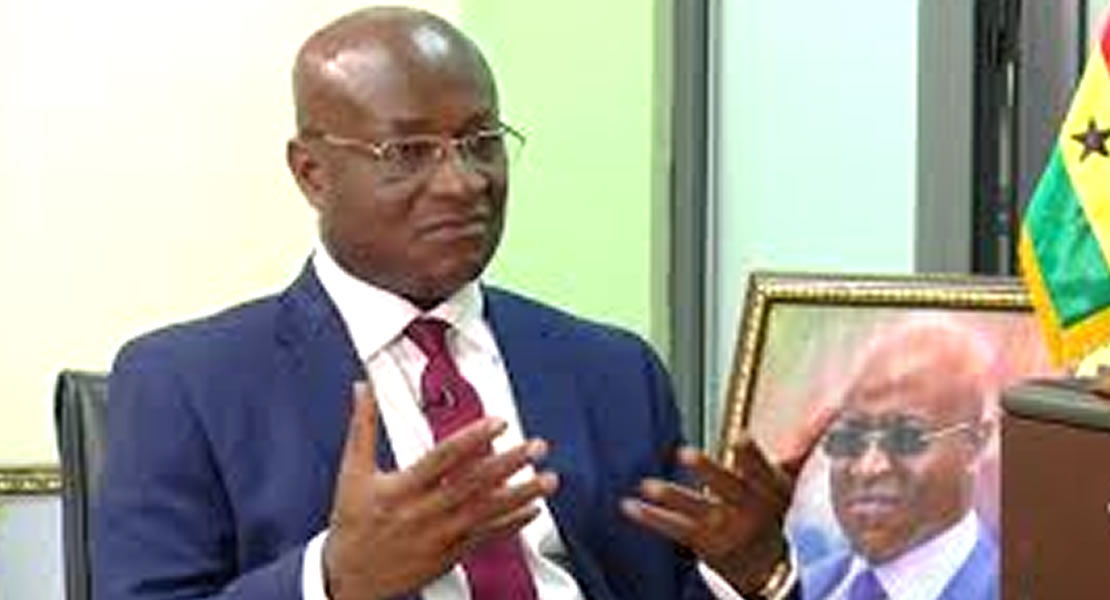The Economic Community of West African States (ECOWAS) Parliament, has recommended the revision of the ECOWAS Protocol on Democracy and Good Governance to prohibit all forms of political maneuvering to hold on to power beyond constitutional limits.
The Parliament made the recommendation at the end of its High-level Seminar on “Two decades of Democratic Elections in ECOWAS Member States: Achievements, Challenges and the Way Forward” on Friday, October 15, 2021 in Winneba, Ghana.
The recommendation was contained in the communique on the outcome of the Seminar which was read by Mr. Zargo Stephen, a Member of Parliament from Liberia.
The recommendation for a revised protocol to prohibit tenure elongation is coming after the phenomenon has been seen to be the leading cause of the disruption of democratic rule in Mali and Guinea.
Members of parliament and experts also recommend that for the consolidation of Democracy and Good Governance, the process of the election of Members of the community Parliament should be by Direct Universal Suffrage.
To ensure consolidation of Democracy and Good Governance, they also recommended that “a study be conducted for the adoption of regional standards to govern electoral processes. Such as “an effective independence of election management agencies, the partiality of courts that sits on electoral disputes, regulation of electoral campaigns, computerization of electoral registers and use of voters’ card.”
There should also be compliance with the quota or gender equality system to enhance women’s representation in decision-making bodies, including the ECOWAS Parliament.
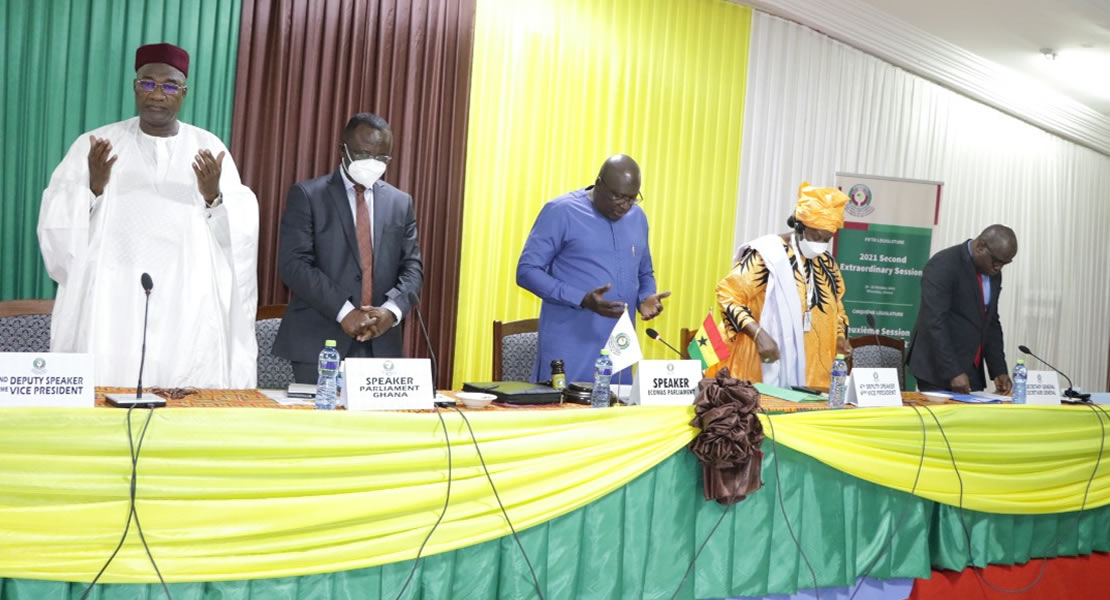 On the role of civil society and non-state actors in elections, they cautioned civil societies, political parties and electoral candidates against disclosure of results before the body mandated to do so.
On the role of civil society and non-state actors in elections, they cautioned civil societies, political parties and electoral candidates against disclosure of results before the body mandated to do so.
“There should be an adoption of mechanisms to ensure adequate participation of Civil Society in democratic process; such as the protection of the members of civil society organisations, transparent financing, regular cooperation and consultation of civil society and the promotion of its mediation role between communities and political actors.”
They also recognized the critical role of media during elections, with recommendations on how, and what they should do to ensure the conduct of credible elections.
They stressed the need for greater monitoring of social media during electoral periods and the repression of their abusive use in order to prevent any media misstep due to disinformation and the spread of fake news.
Other recommendations include:
• Equal access to official media and public services by all electoral candidates to enable them know their programs and views to the electorates.
• Adoption of legal frameworks to guarantee press freedom and to compel media professionals to strict adherence of their ethics, capacity building for media professionals, sensitization of the populace.
• Taking cognizance of the role of security services, the recommended that measures be adopted to guarantee the independence and neutrality of security services and their involvement as stake holders in the security process.
• There should be provision of adequate material, human and financial resources to security services and their capacity building.
• Promotion of cooperation and collaboration among security services of ECOWAS Member States to share best practices in electoral security”.
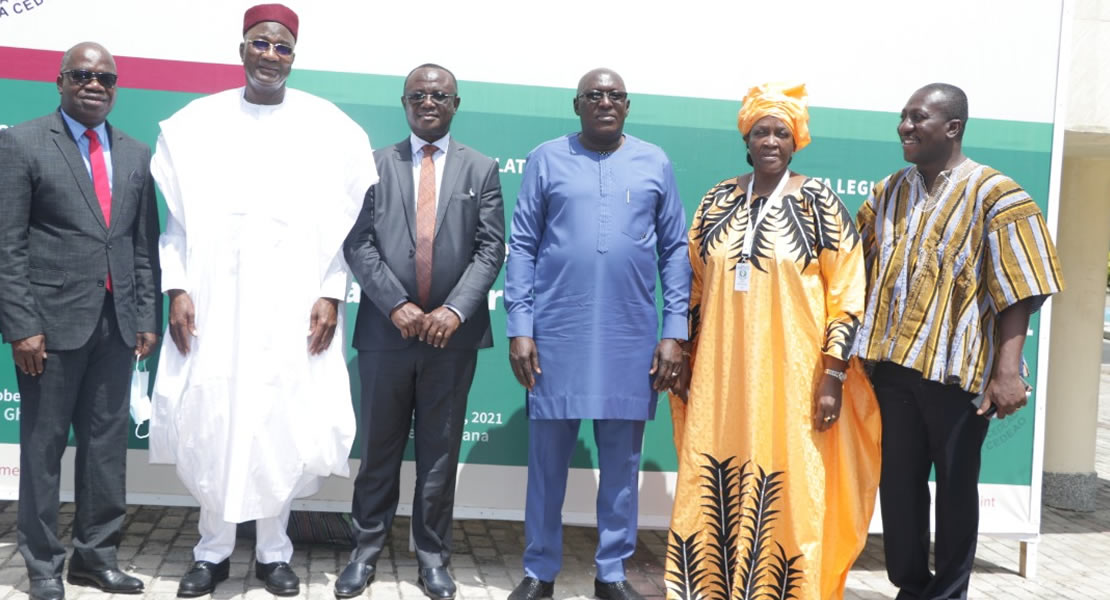 On the role of the judiciary, they recommended the consolidation of the independence and impartiality of the justice system by national parliaments through adequate legislations.
On the role of the judiciary, they recommended the consolidation of the independence and impartiality of the justice system by national parliaments through adequate legislations.
On the role of political parties, it was recommended that ECOWAS Member States institute a national dialogue framework to help unite political actors, democratic governance of political parties.
They said it is important that there is transparency in party financing, and separation of their resources and activities from that of government.
They also recommended the strengthening and consolidation of election observation systems before, during and after elections. This, they said can be achieved by improving the deployment strategies of observers, cooperation of various international and local observer missions and the quality of expertise of members of observer missions.
The outcome of the Seminar contained inputs from Members of Parliaments, the ECOWAS Commission, Experts and Stakeholders across relevant sectors.
Ghanamps.com
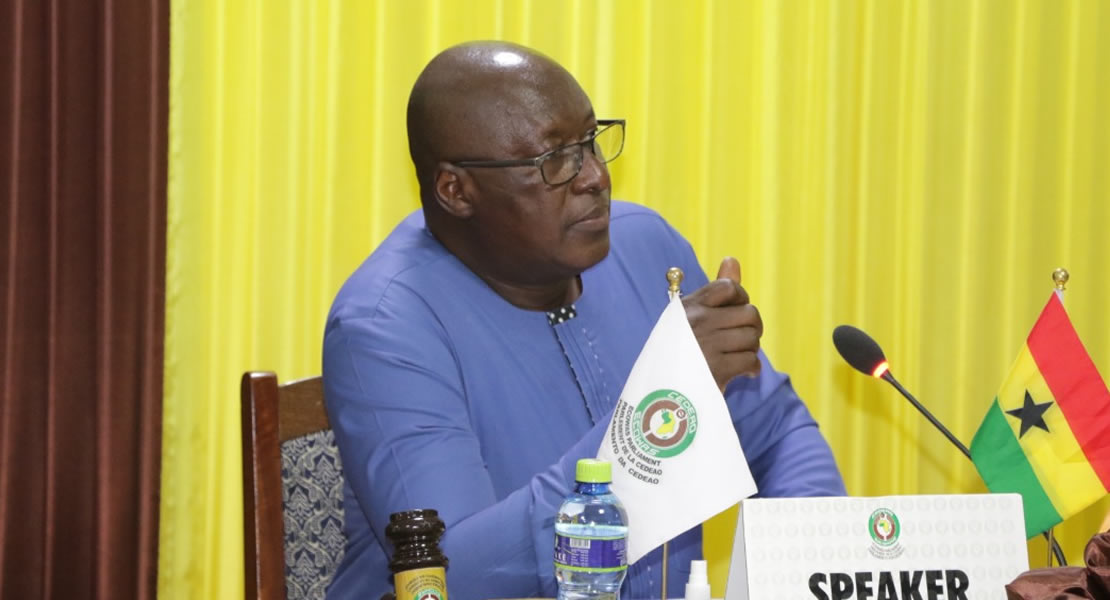
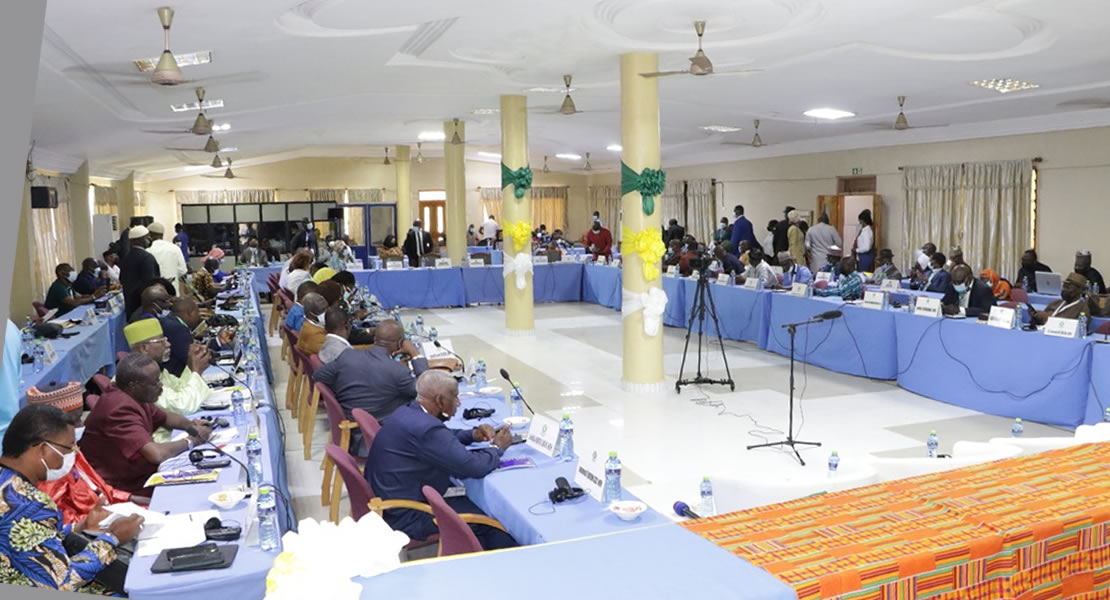
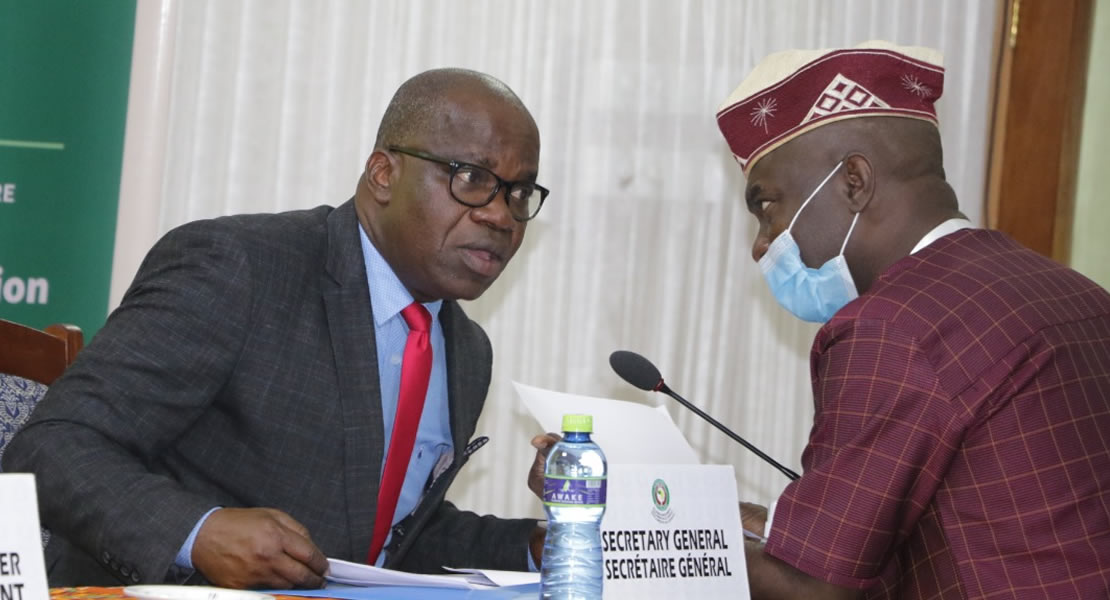
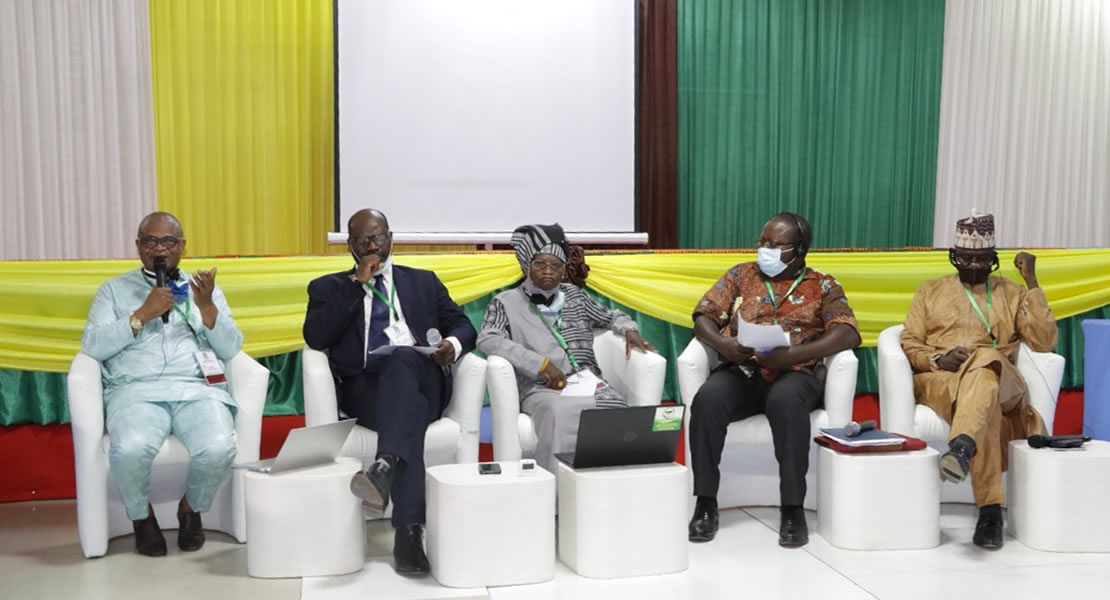
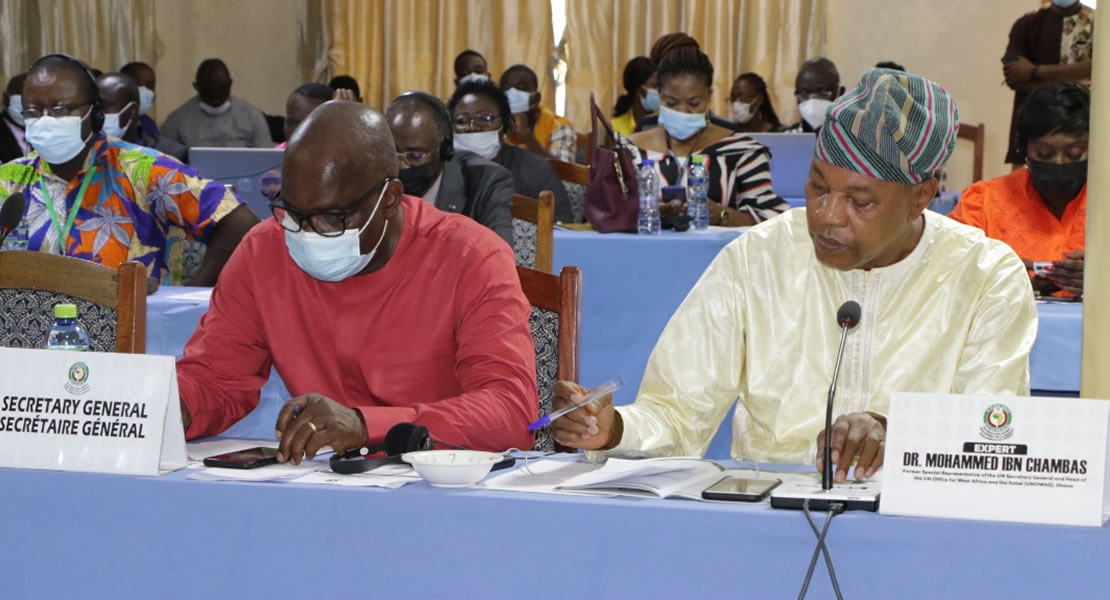 ECOWAS institutions. “It is only now that ECOWAS is getting more closer to its citizens through the ECOWAS Parliament, and if we are getting out this closer, I think it is our obligation to continue urging the ECOWAS institutions to be sincere with themselves and look at the issues that are going on within the sub-region that are not really good for the ECOWAS citizens and the region at large,” Fatoma said.
ECOWAS institutions. “It is only now that ECOWAS is getting more closer to its citizens through the ECOWAS Parliament, and if we are getting out this closer, I think it is our obligation to continue urging the ECOWAS institutions to be sincere with themselves and look at the issues that are going on within the sub-region that are not really good for the ECOWAS citizens and the region at large,” Fatoma said.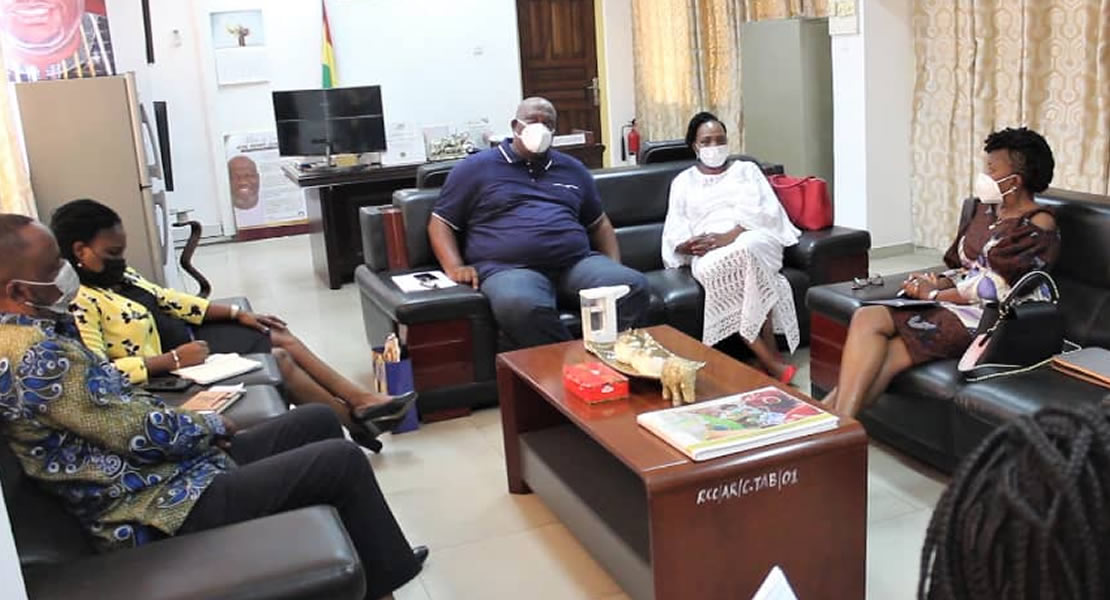
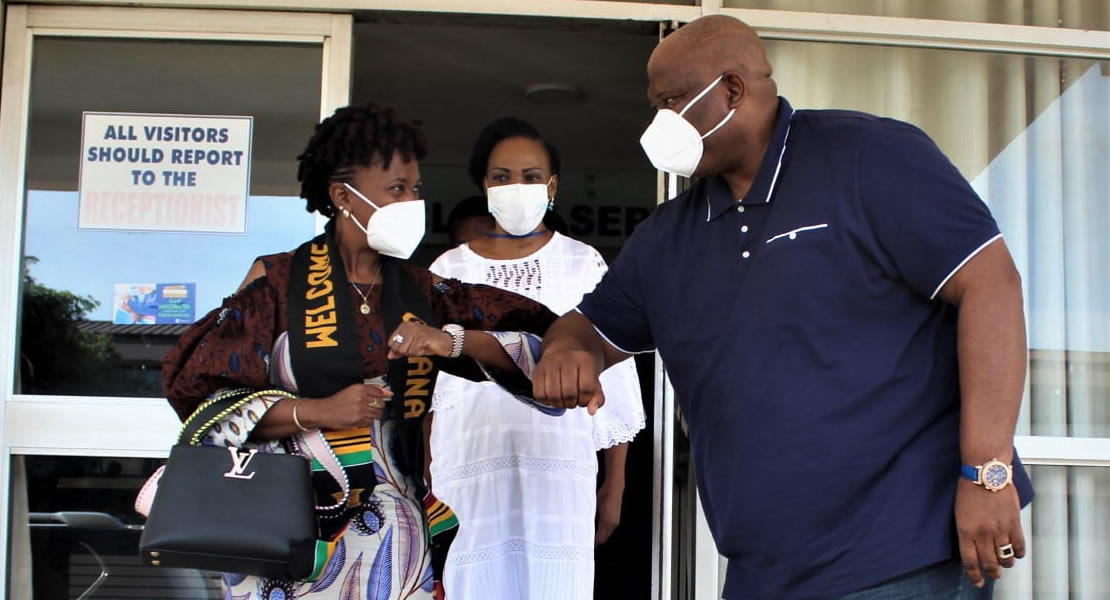 Meanwhile, on her visit to the Central Regional Coordinating Council and Minister to the Central Region, Justina Marigold Assan, Minister Tunis reemphasized the importance of ensuring coordination with all stakeholders including the district heads, tribal and village authorities, elected officials, civil society, and the people to ensure ownership for development strides. She also noted that development is for the people and the only way they could take ownership is to get involved themselves.
Meanwhile, on her visit to the Central Regional Coordinating Council and Minister to the Central Region, Justina Marigold Assan, Minister Tunis reemphasized the importance of ensuring coordination with all stakeholders including the district heads, tribal and village authorities, elected officials, civil society, and the people to ensure ownership for development strides. She also noted that development is for the people and the only way they could take ownership is to get involved themselves.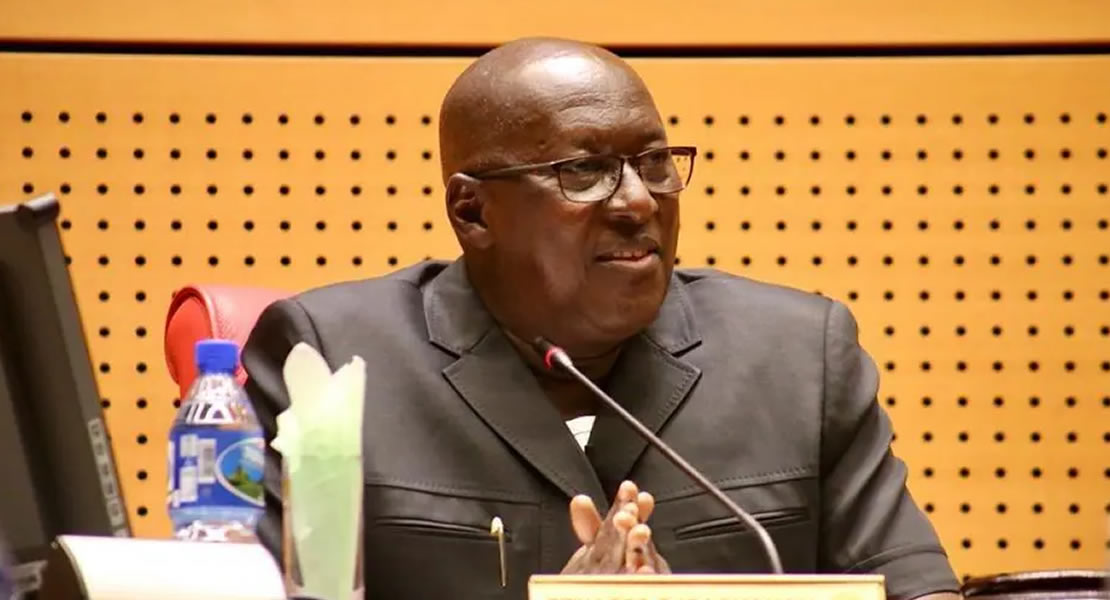
 “On the vaccine front, more doses are getting into arms daily, and we seize this moment to appreciate our partners under the COVAX initiative and friendly Governments that have donated doses to African countries.”
“On the vaccine front, more doses are getting into arms daily, and we seize this moment to appreciate our partners under the COVAX initiative and friendly Governments that have donated doses to African countries.”